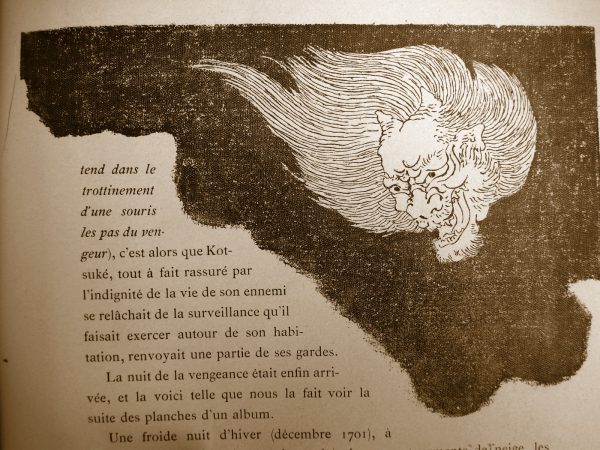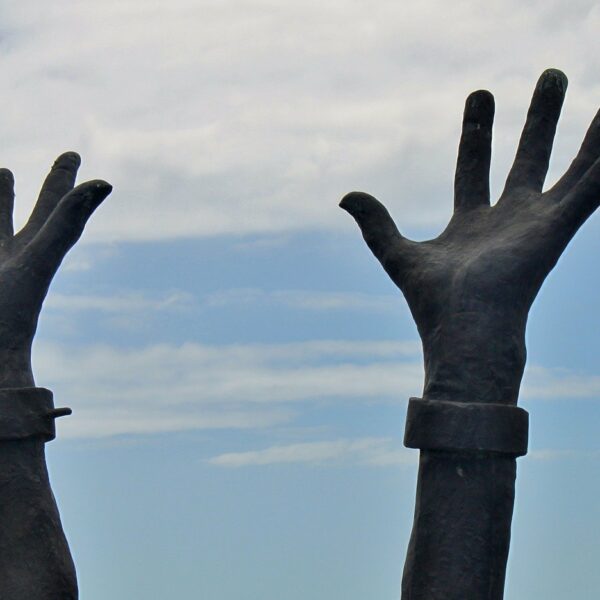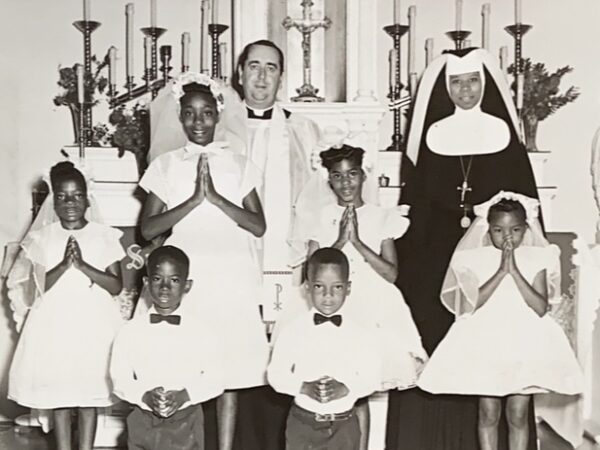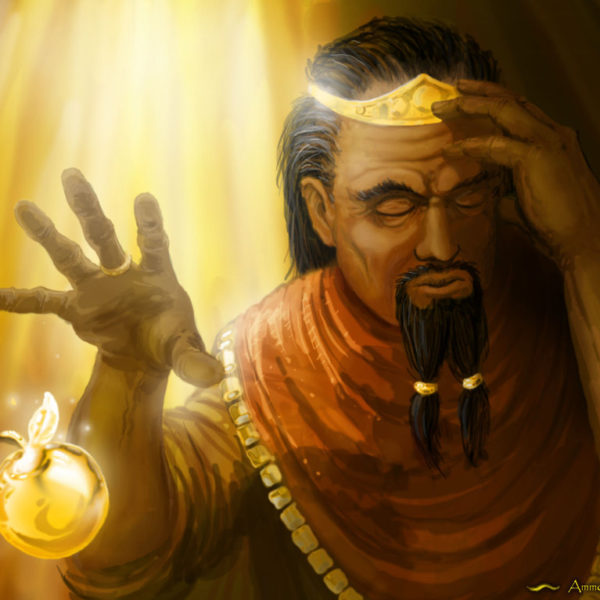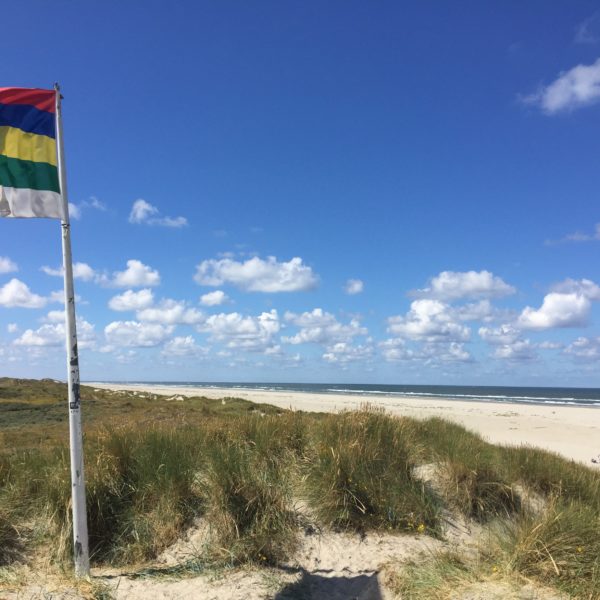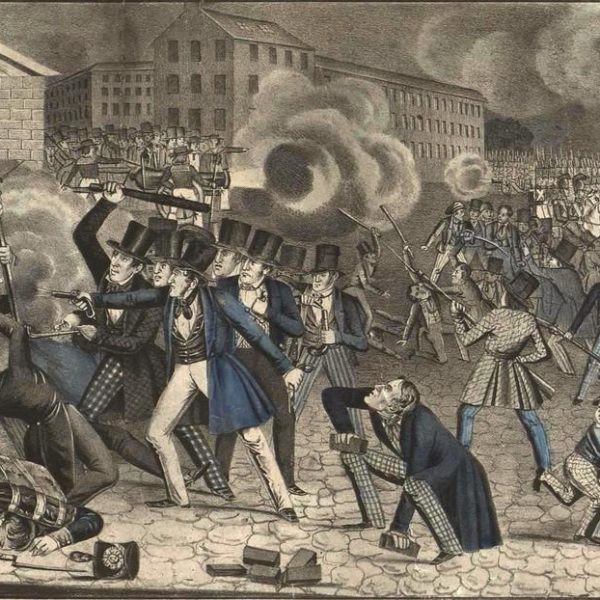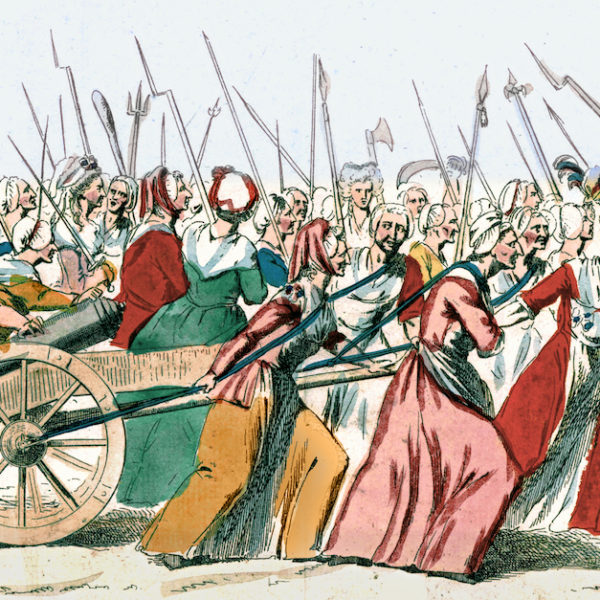
Does being “without sin” mean never regretting anything, or getting everything right on the first try?
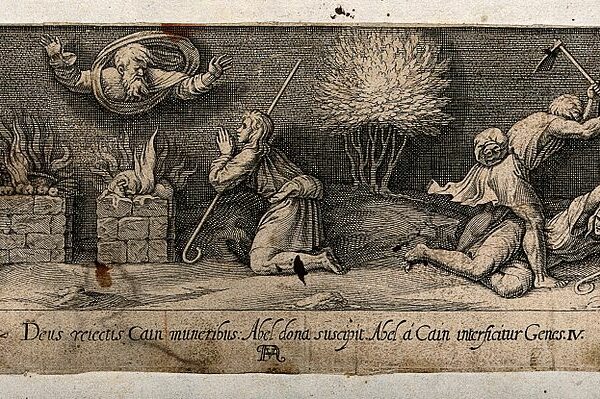
“I was only imagining it. Being freed.”

The laws at Sinai are no ball-and-chain, implementing a new form of slavery. They express the practical dimensions of life in freedom, the boundaries within which the nation can experience a life-giving form of service to the One who graciously rescued them from servitude. In short, they are revolutionary.

Is wealth the opposite of Christianity? Is profit antithetical to the kin-dom of God? A look into Franciscan friar Luca Pacioli’s accounting process – now called reconciliation accounting – reveals that despite Jesus’ words, the practice of Christians in the Western world has emphatically answered: no, they get along just fine. It is high time for a Christianity, guided by Mark 10:17–31, that is unreconciled with wealth.
